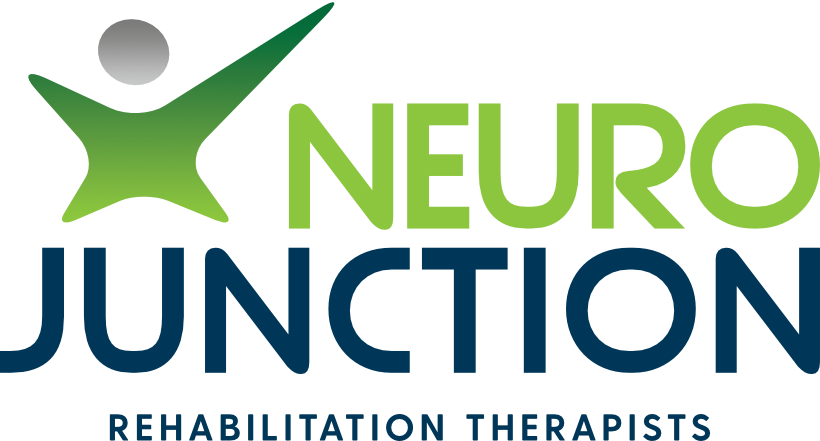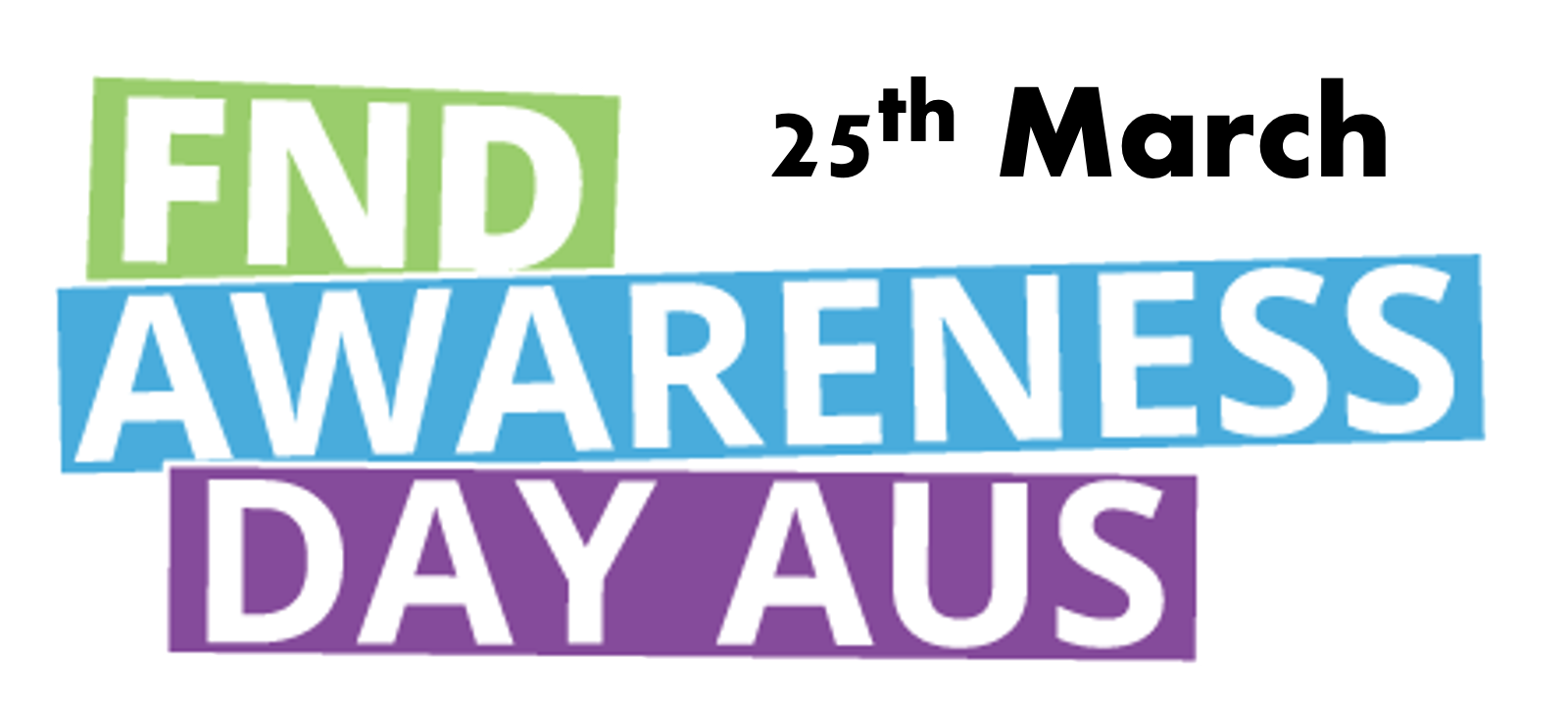FND – What is it and how physio and OT can help
WHAT IS FND?
Functional Neurological Disorder (FND) is a neurological disorder that manifests differently in different people. It is a problem with the functioning of the nervous system and how the brain and body send and receive signals, without structural damage to the nervous system. There are many different risk factors that can contribute to the development of this disorder. However, the mechanisms which cause FND are still poorly understood.
FND is estimated to be experienced by about 50 people per 100,000 population. It is the second most common reason for a neurological outpatient visit after a headache or migraine. People with FND experience a variety of disabling motor, sensory, and cognitive neurological symptoms such as paralysis, balance problems, tremors, weakness, fatigue, chronic pain, seizure-like episodes, speech difficulties and visual disturbances.
Until recently, FND has been relatively neglected by both clinical services and research, as it falls in a grey area between neurology and psychiatry. Misconceptions such as people subconsciously ‘converting’ psychological trauma and conflict onto physical symptoms have been challenged by recent brain imaging research that shows differences in the way the brain functions in people with FND. Nevertheless, research consistently shows that individuals diagnosed with FND experience significantly higher rates of mental illness such as anxiety and depression than comparable populations with neurological disorders.
TREATMENT AND RECOVERY OF FND
While some people with FND may make a full recovery, there are those who’s symptoms improve little despite access to the best multi-disciplinary treatment. Symptoms typically come and go, including complete remissions and sudden recurrences. It is also common for other illness or physical injury to trigger functional symptoms. A tailored approach to diagnosis and treatment of FND can result in major improvements in health and quality of life.
Ongoing FND symptoms require specialist support to manage symptoms and disability for better health and wellbeing. Effective management requires collaboration between neurology, psychiatry, psychology and physical rehabilitation, including physiotherapy and occupational therapy.
HOW CAN PHYSIOTHERAPY HELP?
Physiotherapists can help with managing the physical symptoms of FND, such as body and limb weaknesses, gait disturbances, and changes in the feeling and awareness of your arms and legs. Treatments include retraining movement and movement patterns, focusing on function and automatic movements. A Physiotherapist may also provide education and strategies on managing daily activities of living to promote self-management. Physiotherapy can help build your functional capacity and foster independence. Engaging a physiotherapist is a collaborative process, you and your physiotherapist will discuss your plans to help manage expectations and keep therapy goal orientated to focus on the functional aspects that you want to improve.
HOW CAN OCCUPATIONAL THERAPY HELP?
Occupational therapy encompasses a wide range of available interventions, including physical, cognitive and psychological, appropriate for those with FND. The aim of occupational therapy is to help people overcome the effects of disability through practical support to improve performance and satisfaction in activities of daily living. OT interventions for FND include physical rehabilitation through guided activity practice, practical management of pain and fatigue, support to address mental health problems, and supports to reduce dependency and optimize independence. Occupational therapists may also support people with FND to manage their condition in the context of work and/or study, as well as adaptive aids and equipment prescription.


